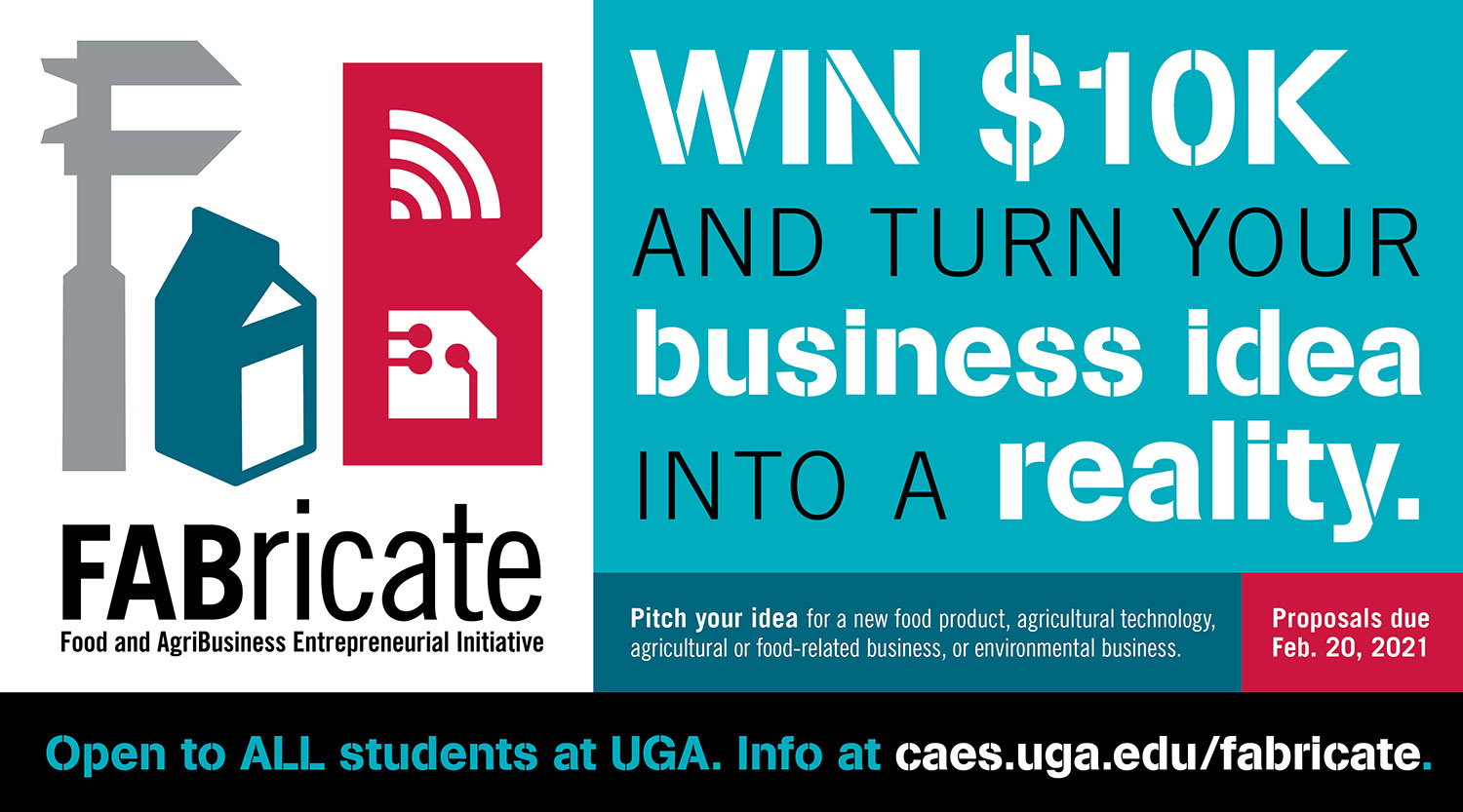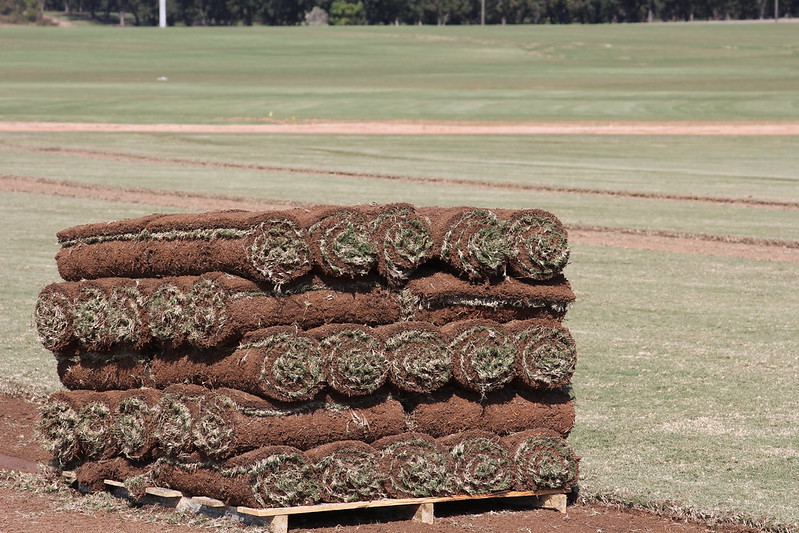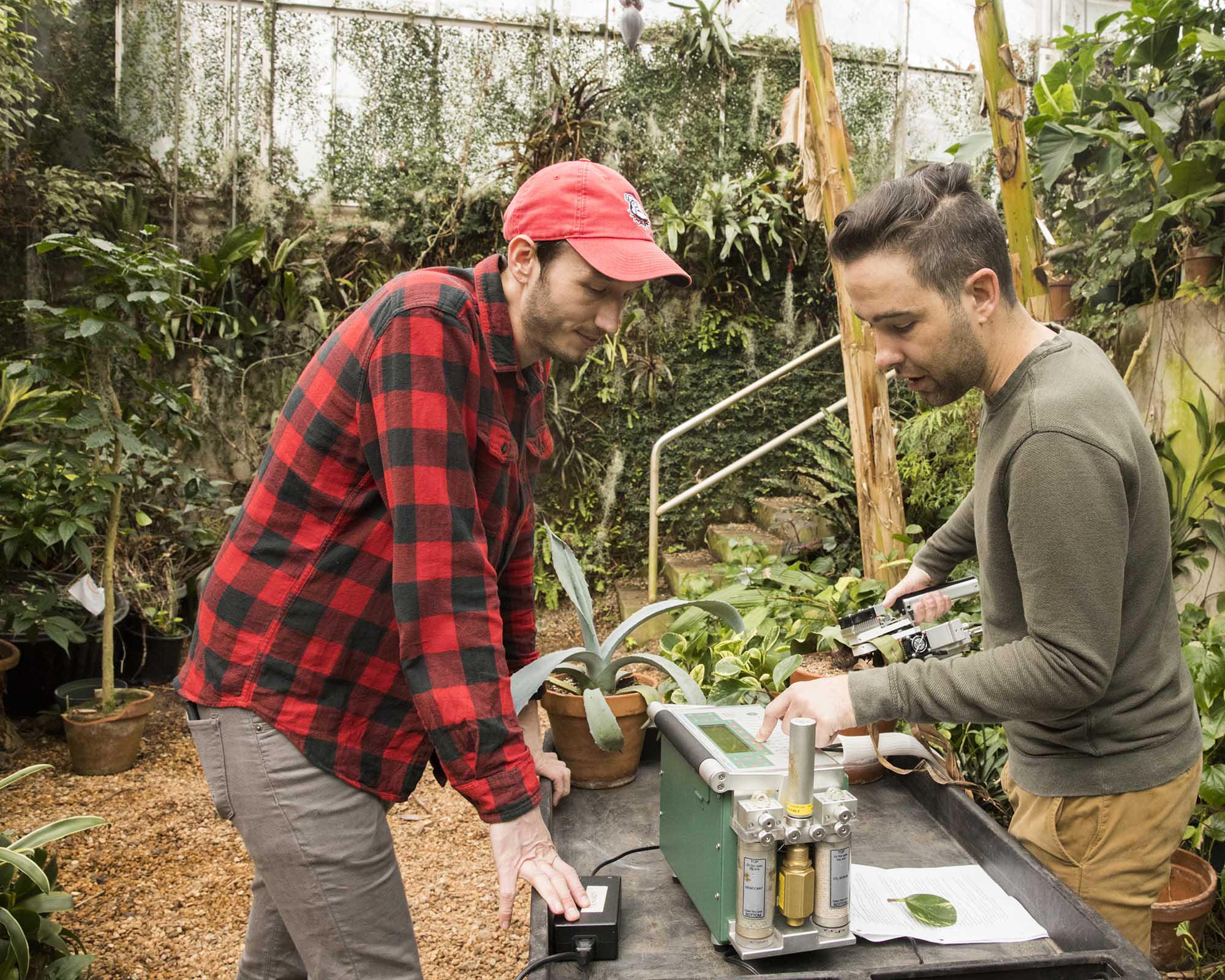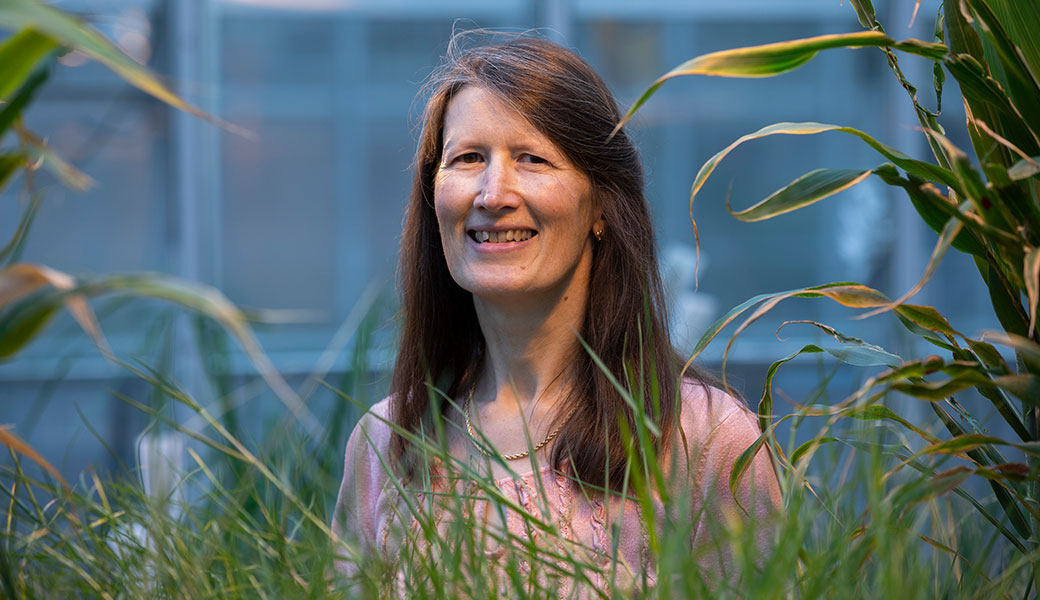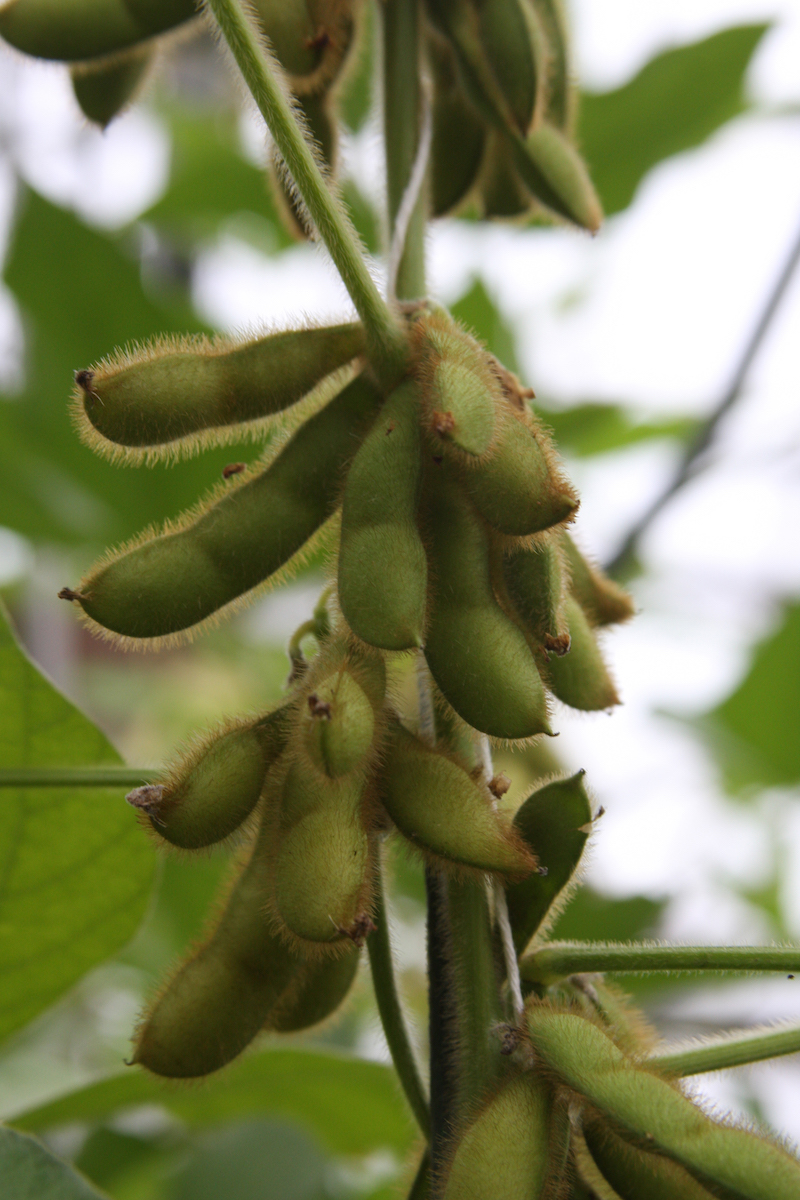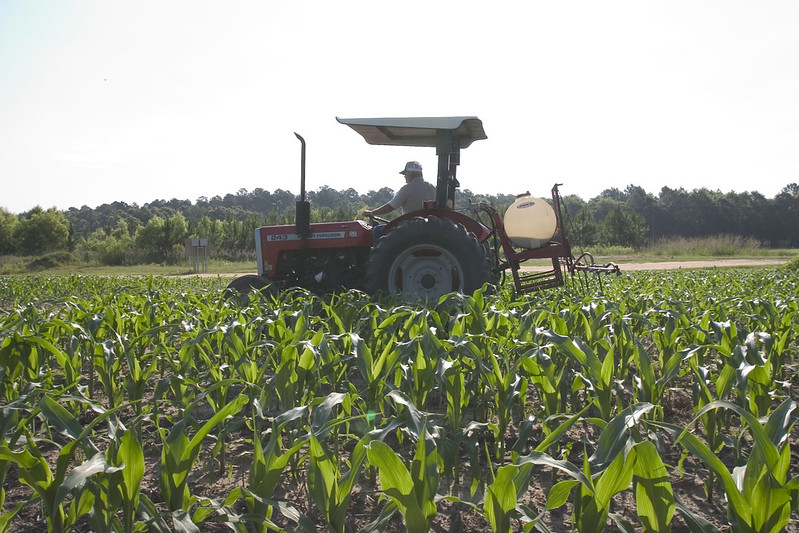 CAES News
CAES News
Using Pesticides Wisely training continues virtual format during 2021
University of Georgia Cooperative Extension and the Georgia Department of Agriculture are partnering to offer the Using Pesticides Wisely training program in a virtual format again this year.

